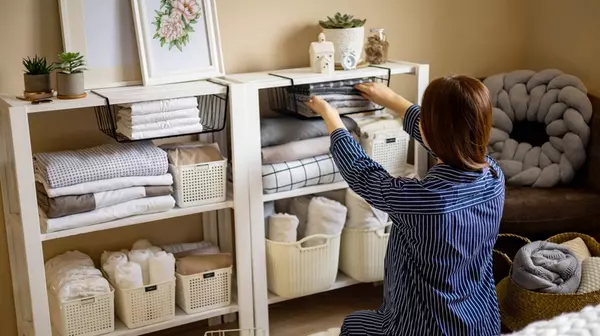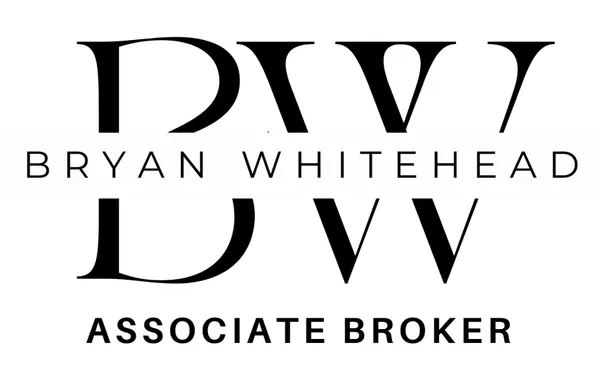Selling My House Quickly: 10 Proven Strategies for a Fast Sale
Selling your home can be both an exciting and overwhelming experience, especially if you're aiming for a quick sale. Whether you're a first-time seller, a middle-aged homeowner looking to downsize, or someone relocating for a new job opportunity, these proven strategies will help you navigate the
Stay in Control: 5 Tips on How to Effectively Avoid Foreclosure on Your Home
Foreclosure. Just hearing the word can send a chill down any homeowner’s spine. But don’t panic! While the thought of losing your home is undoubtedly stressful, the good news is that you have the power to take action and steer clear of this situation. Let’s dive into some straightforward and effec
Essential Post-Sale Home Maintenance Tips
Congratulations! You’ve just closed the deal and moved into your new home. While the hard part might seem over, the journey of homeownership has only just begun. Now it’s time to ensure your home stays in tip-top condition with some essential post-sale maintenance. Whether you’re a first-time home

Bryan Whitehead
Phone:+1(205) 937-7784
Leave a Message
More Topics





